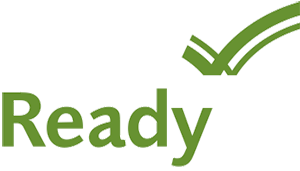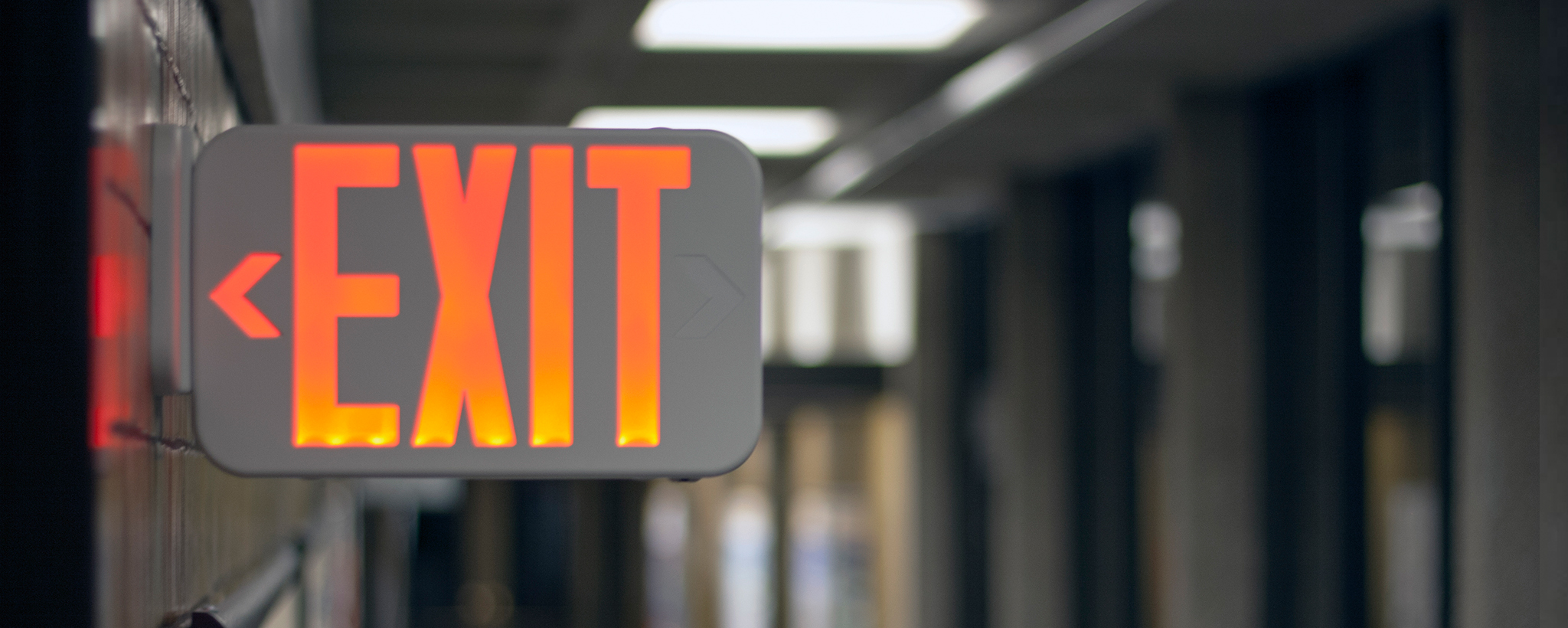How to Use this Toolkit
The Life Saving Skills Social Media Toolkit contains household safety, financial, and emergency preparedness messaging. This toolkit promotes awareness about common household hazards and encourages individuals, families, and communities to prepare for and protect against disasters and severe weather events by learning essential Life Saving Skills.
This Social Media Toolkit includes important information to share on your social media channels. We encourage you to copy the content directly or customize the messages to reach your community.
What You Should Know About Life Saving Skills
- Know basic preparedness skills to protect your family and home.
- Eliminate common electrical and fire hazards around your house and property.
- Install smoke, carbon monoxide, and natural gas alarms and test them monthly.
- Teach children what to do when they hear smoke, carbon monoxide, and natural gas alarms.
- Place natural gas detectors on every level of your home and test them monthly.
- Know how to turn off utilities like natural gas in your home.
- Talk to your landlord or building manager about evacuation routes and fire safety.
- Develop and practice a family communication plan and discuss it with your family.
- Have emergency supplies in place at home, at work, and in the car.
- Pay attention to alerts and warnings.
- Know two ways out of your home in the event of a fire and practice evacuation plans.
- Set some money aside from your income in case of an emergency.
Graphics, Logo, & Related links
- For more engaging content, attach graphics to social media posts.
- Life Saving Skills Graphics
- #LifeSavingSkills
Fire Safety
- Do a fire drill with your children regularly. #LifeSavingSkills
- Make sure your family knows two ways out of your home. #LifeSavingSkills
- Identify two ways out of every room when making your fire escape plan. #LifeSavingSkills
- Meet with your landlord or building manager to learn about the fire safety features in your apartment building. #LifeSavingSkills
- #DidYouKnow your apartment building should hold a fire drill with residents once a year? You should participate. #LifeSavingSkills
- Know your apartment building’s evacuation plan, in case of a fire. #LifeSavingSkills
- Identify each exit in your apartment building before an emergency like a fire. #LifeSavingSkills
- Memorize the number in case you have to find the exit in the dark. #LifeSavingSkills
- Talk to your family about what they should do in a fire. #LifeSavingSkills
- Put smoke, carbon monoxide, and natural gas alarms on every level of your home and close to bedrooms. #LifeSavingSkills
- Be sure your smoke, carbon monoxide, and natural gas alarms work by testing them monthly. #LifeSavingSkills
- Get a smoke, carbon monoxide, and natural gas alarm with flashing lights or vibrating signals if you’re deaf or hard of hearing. #LifeSavingSkills
- Keep electrical cords tangle free to help prevent possible fires. #LifeSavingSkills
- Remove electrical cords from under a carpet or rug. It is a fire hazard! #LifeSavingSkills
- Do not overload power strips. This can cause a fire. #LifeSavingSkills
Power Outage
-
Create or update your emergency supplies with this list: www.ready.gov/kit #LifeSavingSkills
-
Have emergency supplies at home in case there is a power outage. #LifeSavingSkills
-
Learn what supplies you may need when a power outage happens at https://www.ready.gov/kit #LifeSavingSkills
-
Stock up on batteries for flashlights, radios, medical devices, and phones in case there is a power outage. #LifeSavingSkills
-
Always have extra batteries in your emergency kit: https://www.ready.gov/kit #LifeSavingSkills
-
Ask your doctor or health care provider about how you can prepare for a power outage if you have medical needs. #LifeSavingSkills
-
Make sure your loved ones who use medical equipment can keep using it if there is a power outage. #LifeSavingSkills
-
Have medication for at least three days in your emergency supplies. #LifeSavingSkills
-
If you have medical needs and rely on medical equipment, make a plan before a power outage or other emergency: https://www.ready.gov/power-outages #LifeSavingSkills
-
Keep water, non-perishable food and other supplies at home. #LifeSavingSkills
-
Check the expiration date on your emergency supplies, and replace any old items. #LifeSavingSkills
Natural Gas
-
Protect your family by putting natural gas detectors in your home. #LifeSavingSkills
-
Install natural gas detectors throughout your house. #LifeSavingSkills
-
If you live in an apartment, talk to your building manger or landlord about how to turn off the gas in an emergency. #LifeSavingSkills
-
Carbon monoxide is deadly, colorless, and odorless. Put natural gas detectors in your home to detect carbon monoxide. #LifeSavingSkills
-
If you ever smell natural gas, Get Out! Call 9-1-1 once you get to a safe distance from your house. #LifeSavingSkills
-
Know how to turn off the gas in your home in case you ever have a gas emergency. #LifeSavingSkills
-
#DidYouKnow most natural gas detectors can detect propane and carbon monoxide? Select a detector that can handle both. #LifeSavingSkills
-
Get a detector that can check for several types of gases including natural, propane, and carbon monoxide. #LifeSavingSkills
-
Save money and get a natural gas detector that can check for propane and carbon monoxide too. #LifeSavingSkills
-
Gas shut-off procedures vary by gas meter. Learn your proper shut off procedure and tell everyone in your household. #LifeSavingSkills
-
Practice the proper gas shut-off procedure for your unit, BUT do not actually turn off the gas when practicing.
-
If you turn off the gas in an emergency, get a qualified professional to turn it back on.
Emergency Plan
-
Know your alerts and warnings. Download the FEMA app to stay informed: https://www.fema.gov/mobile-app #LifeSavingSkills
-
Have a plan before an emergency. Get prepared at www.ready.gov/plan #LifeSavingSkills
-
Keep important documents in a safe place like a waterproof and fireproof safe or box.#LifeSavingSkills
-
Discuss with your family how you will communicate if there is an emergency. #LifeSavingSkills
-
Decide and practice your emergency plan with your family. #LifeSavingSkills
-
Know several evacuation routes before an emergency happens. #LifeSavingSkills
-
Houses, apartments, and high-rise buildings have different evacuation considerations. Make a plan for each: https://www.ready.gov/plan-for-locations #LifeSavingSkills
-
If you live in a mobile home, create an emergency plan that includes alternate shelter locations and practice getting there. #LifeSavingSkills
-
Ask your neighbor about their plans during an emergency. You may be able to work together. #LifeSavingSkills
-
Know where all the exit doors and stairs are on your apartment floor. Put this info in your emergency plan. #LifeSavingSkills
Financial Preparedness
-
Save for a rainy day, you never know when it may pour. Here’s how: https://www.ready.gov/financial-preparedness #LifeSavingSkills
-
Emergencies will happen, but your savings can be your fall back plan. Start saving today! #LifeSavingSkills
-
Create a budget that includes putting money into an emergency fund every month. https://www.ready.gov/financial-preparedness #LifeSavingSkills
-
Pay yourself first! Before you spend, put a little bit of it in your savings account. https://www.ready.gov/financial-preparedness #LifeSavingSkills
-
56% of adults can cover a $400 emergency. Be part of the growing number who are savers and have an emergency fund. #LifeSavingSkills
-
Life can be unpredictable. It pays to have an emergency fund for when life happens. #LifeSavingSkills
-
Teach your kids this simple Life Saving Skill: save some money now to be one-step ahead when an emergency hits. #LifeSavingSkills
-
Your emergency savings can help you get life saving items like food, shelter, and water in an emergency. Saving Tips: https://www.ready.gov/financial-preparedness #LifeSavingSkills


